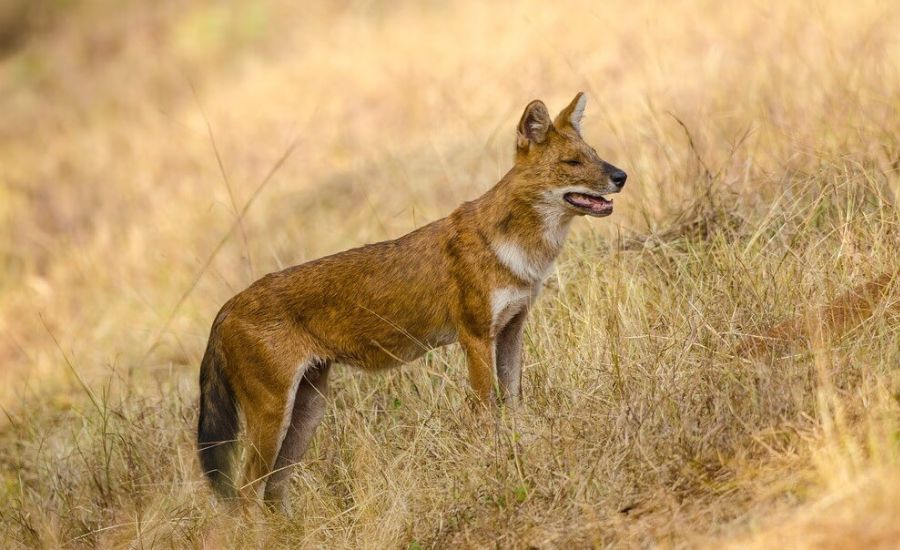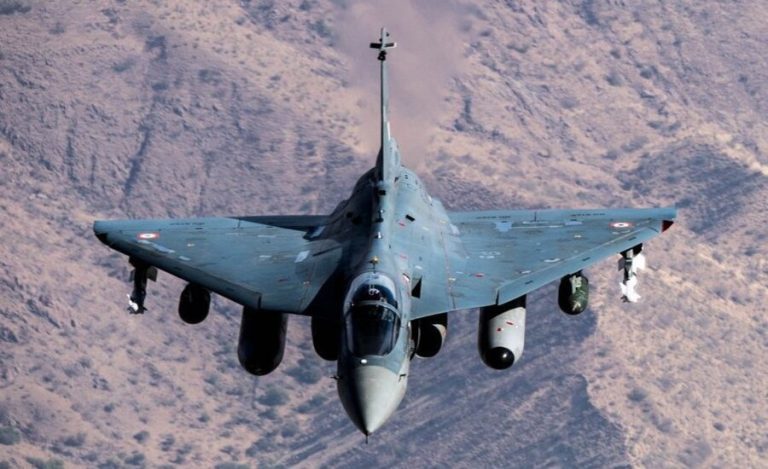Bandhavgarh Tiger Reserve, renowned globally for its tiger population and biodiversity, has recently witnessed the presence of a less commonly seen but highly intriguing predator: the dhole, also known as the Asiatic wild dog or whistling dog. This elusive canid, scientifically named Cuon alpinus, is known for its unique social behaviour and hunting strategies, even instilling fear in tigers.
Field staff on patrol in the Panpatha beat of the Pataur region within the reserve encountered a pack of dholes drinking water at a pond. P.K. Verma, Deputy Director of Bandhavgarh Tiger Reserve, highlighted the significance of this sighting, stating that dholes are rare and their presence indicates a healthy ecosystem.
Unlike domestic dogs, dholes do not bark. Instead, they communicate within their packs using a distinctive whistling sound, which they also employ during hunts to coordinate their movements.
What makes dholes particularly unique is their predatory behaviour. Unlike most large carnivores that typically kill their prey before consuming it, dholes are known to start eating their quarry while it is still alive. They relentlessly pursue their target, inflicting bites on the legs, flanks, and hindquarters until the weakened animal collapses. This strategy of continuously attacking and feeding allows them to quickly consume their prey and maximise their food intake.
The deputy director further explained the dhole’s formidable reputation, even among tigers. While generally avoiding adult tigers, dholes are bold enough to prey on tiger cubs if encountered. It is believed they can detect the presence of tigresses with young ones and seize any opportunity to snatch the vulnerable offspring. Smaller tigers tend to avoid these pack hunters due to their coordinated group attacks. However, they pose no threat to fully grown tigers.
Dholes are occasionally sighted in the Pataur, Manpur, and Dhamokhar ranges of Bandhavgarh Tiger Reserve. Their nomadic nature and tendency to roam with their packs, which can range from 12 to 20 individuals, contribute to their infrequent sightings. Their strength lies in their numbers and cooperative hunting.
While Bandhavgarh has a smaller dhole population, the Pench and Kanha Tiger Reserves in Madhya Pradesh boast a comparatively higher number of these rare wild dogs. Their declining numbers across their range classify them as a species of conservation concern.
The dhole is known by various names, including wild dog, whistling dog, Asiatic wild dog, Indian wild dog, and red dog. Some people mistakenly identify them as red foxes. This recent sighting in Bandhavgarh serves as a reminder of the diverse and fascinating wildlife that inhabits these protected forests and the importance of their conservation.




























